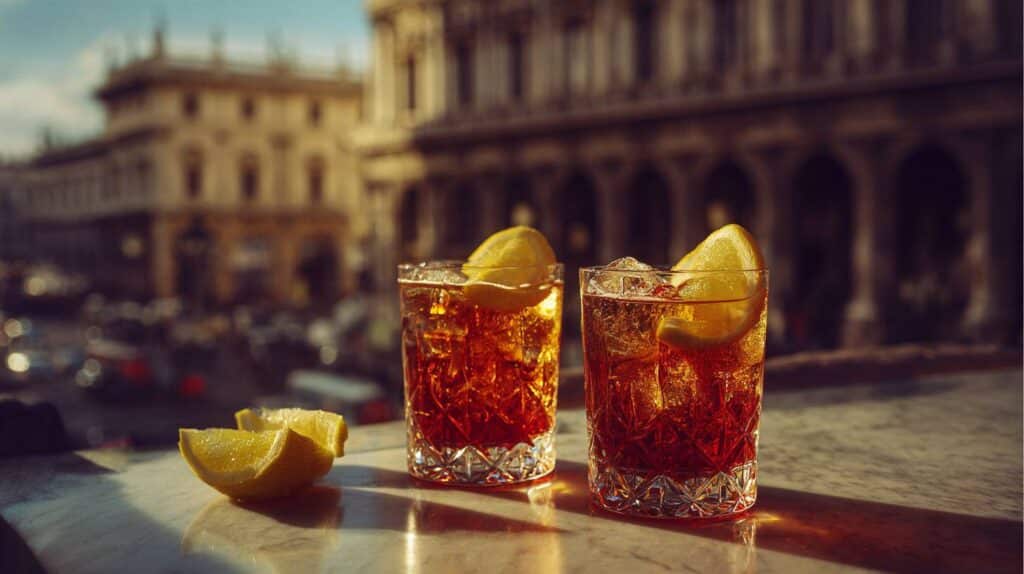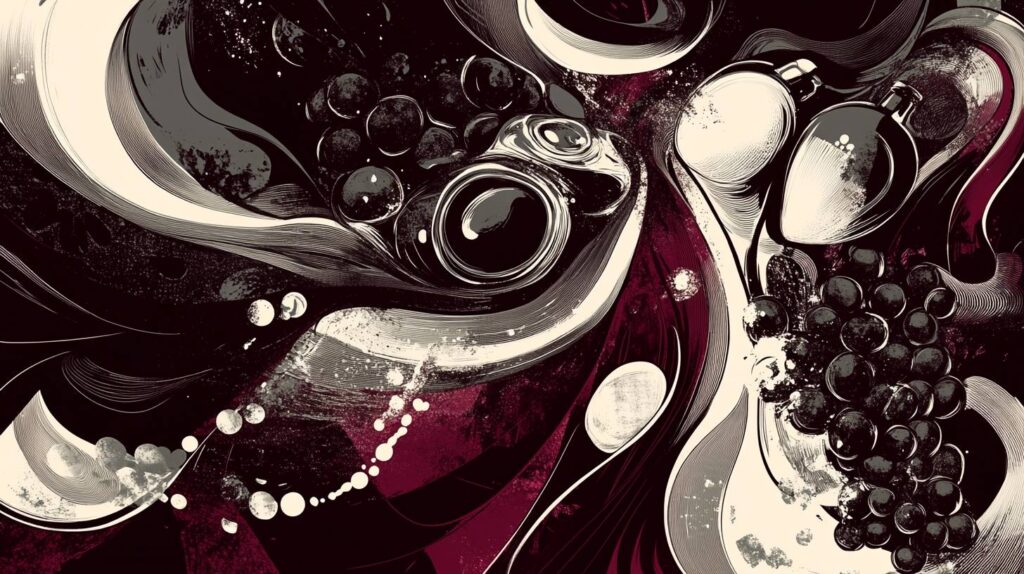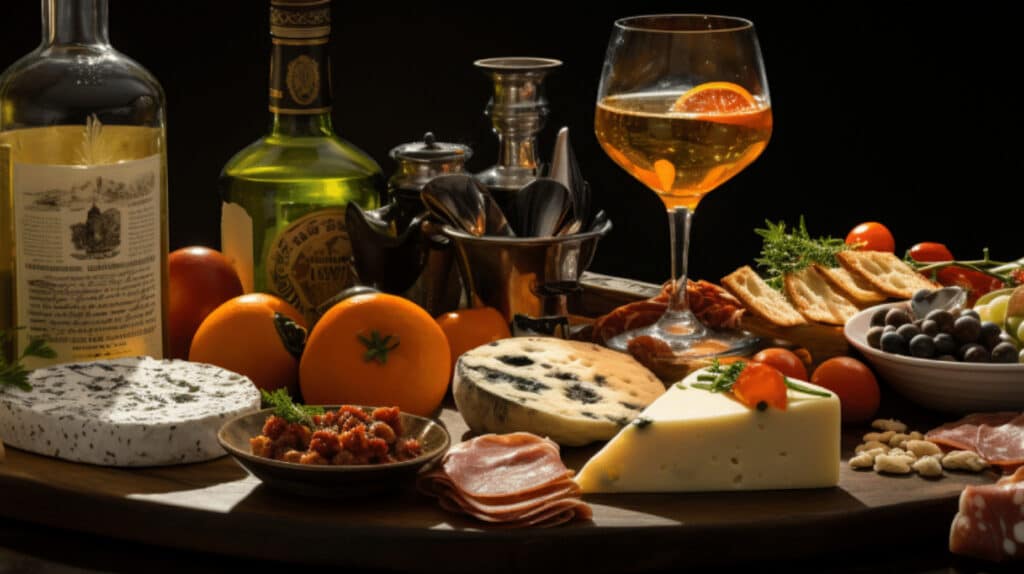Vermouth has long been a subject of curiosity and debate, especially when it comes to its classification. Is it a wine, a liquor, or something else entirely? This article aims to provide a comprehensive answer to the question, “Is vermouth a wine?” by delving into various aspects such as its composition, consumption methods, and more.
Is Vermouth a Wine or a Liquor?
Contrary to popular belief, vermouth is not a liquor but a fortified wine. It starts as a base of white wine, which is then fortified with additional alcohol and flavored with botanicals like herbs, spices, and fruits. The fortification process is what distinguishes it from regular wines, but its base composition aligns it more closely with wines than liquors.
The fortification process is a crucial step in the production of vermouth. It involves adding a higher-proof spirit, usually grape brandy, to the base wine. This not only increases the alcohol content but also acts as a preservative, extending the shelf life of the product. After fortification, the wine undergoes aromatization, where various botanicals like herbs, spices, and fruits are added. These botanicals are often steeped in the wine, much like making tea, to infuse their flavors and aromas. The result is a complex, flavorful beverage that is more robust than regular wine but not as strong as liquor.
Is Vermouth a Still Wine?
Vermouth is not a still wine in the traditional sense. While it starts as a still wine, the fortification process adds another layer of complexity. The added alcohol and botanicals transform it into a unique beverage category of its own, often enjoyed as an aperitif or used in cocktails.

Is Vermouth a White Wine?
Vermouth often starts as a white wine, but it undergoes a fortification and aromatization process that sets it apart. The base white wine is fortified with a higher-proof spirit, usually grape brandy, and then flavored with various botanicals like herbs, spices, and fruits. While the starting point may be a white wine, the end product is a unique beverage category known as a fortified wine. Therefore, while it has its roots in white wine, vermouth is not strictly a white wine due to the additional processes it undergoes.
Vermouth and other fortified white wines like sherry or port share the commonality of starting as a base wine that is fortified with a higher-proof spirit. However, what sets vermouth apart is the aromatization process, where a variety of botanicals are added to infuse the wine with unique flavors and aromas.
In contrast, sherry undergoes a unique aging process involving a layer of yeast called “flor”, and it is not aromatized with botanicals. Port, on the other hand, is often sweeter and richer, made from specific grape varieties and also lacks the botanical infusion that characterizes vermouth.
Another distinction lies in the geographical origins. Vermouth is primarily associated with Italy and France, while sherry is a Spanish wine, and port originates from Portugal.
Thus, while vermouth, sherry, and port are all fortified wines, they differ significantly in terms of production methods, flavor profiles, and cultural origins.

Can You Drink Vermouth Like Wine?
Yes, you can drink vermouth like wine, especially if it’s a high-quality brand. Vermouth can be enjoyed neat, on the rocks, or even as part of a spritzer. However, due to its higher alcohol content compared to regular wines, it’s advisable to consume it in moderation. In European countries like Spain and Italy, it’s common to see people sipping vermouth as an aperitif, often accompanied by small snacks or tapas.
It’s worth noting that while vermouth can be consumed like wine, its unique flavor profile, resulting from the fortification and aromatization processes, offers a different experience. The botanicals add complexity and depth, making it a more aromatic and often spicier beverage than traditional wines.







